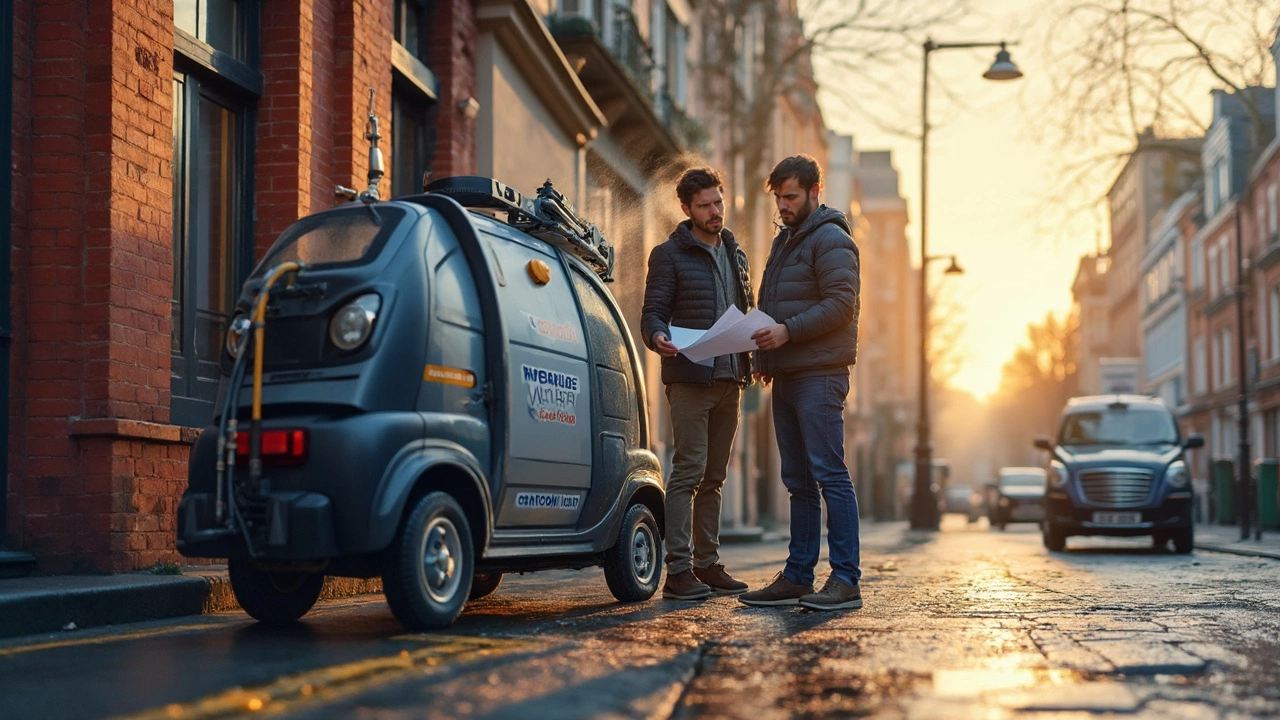Startup Expenses for a Cleaning Business: What You Need to Know
Thinking about turning cleaning into a profit machine? Before you grab a mop, figure out the money you’ll actually need. Knowing the real costs helps you avoid nasty surprises and gives you a clear path to a sustainable business.
Common Cost Categories
Equipment and supplies – This is the biggest line item. You’ll need vacuums, floor scrubbers, microfiber cloths, bucket sets, and a solid set of cleaning chemicals. Buying a high‑quality vacuum can cost £200‑£400, while a basic floor scrubber ranges between £300‑£600. If you’re tight on cash, consider renting or buying second‑hand gear.
Vehicle – A reliable van or small truck lets you carry gear and get to jobs on time. New vans start at around £15,000, but a well‑maintained used model can be found for £6,000‑£8,000. Don’t forget insurance, fuel, and maintenance – budget about £200‑£300 per month.
Licensing and permits – Most UK regions require a business licence and, if you plan to use certain chemicals, a hazardous waste permit. These fees are usually under £200, but check your local council for exact numbers.
Insurance – Public liability insurance protects you if something goes wrong on a client’s property. Expect to pay £300‑£500 a year for basic coverage, more if you handle larger commercial contracts.
Marketing – A simple website, local flyers, and a few paid ads can bring in your first customers. Allocate £200‑£400 for a basic site and online listings, plus a modest £100‑£200 for flyers and business cards.
Training and certifications – While you can start with on‑the‑job learning, a short course on carpet cleaning or green cleaning methods adds credibility. Courses range from £50 to £250.
Operational costs – Don’t forget phone, internet, accounting software, and bookkeeping services. These recurring expenses usually total £100‑£150 a month.
Tips to Keep Startup Expenses Low
Start small, grow fast – Begin with essential services like vacuuming and surface cleaning. As revenue picks up, reinvest profits into more advanced equipment.
Buy in bundles – Suppliers often give discounts for bulk purchases of cleaning solutions or cloths. Look for starter kits that bundle a vacuum, mop, and chemicals at a reduced rate.
Leverage community resources – Local business hubs sometimes offer free equipment loans or discounted insurance for new ventures. Join a landlord or small‑business association to tap into these deals.
Use an on‑demand vehicle – If you only need a van a few times a week, a car‑sharing service can be cheaper than owning a vehicle outright.
DIY marketing – Set up a free Google My Business profile, post before‑and‑after photos on social media, and ask happy clients for reviews. Word‑of‑mouth can save you hundreds on advertising.
Finally, keep a simple spreadsheet of every expense. Tracking costs in real time shows you where you’re overspending and where you can cut back. The more transparent you are with your numbers, the easier it is to plan for growth.
Starting a cleaning business doesn’t have to drain your bank account. By knowing the exact categories, budgeting wisely, and using smart cost‑saving tricks, you can launch with confidence and focus on what matters most – delivering spotless results for your clients.

Cost of Starting Your Pressure Washing Business: A Practical Guide
Starting a pressure washing business can be a lucrative venture given its rising demand, but understanding the startup costs is crucial. The expenses span equipment, insurance, permits, and marketing. With smart planning and investment, anyone can dive into this market and start making a profit. This guide breaks down each cost element to help prospective entrepreneurs budget wisely.
Read More